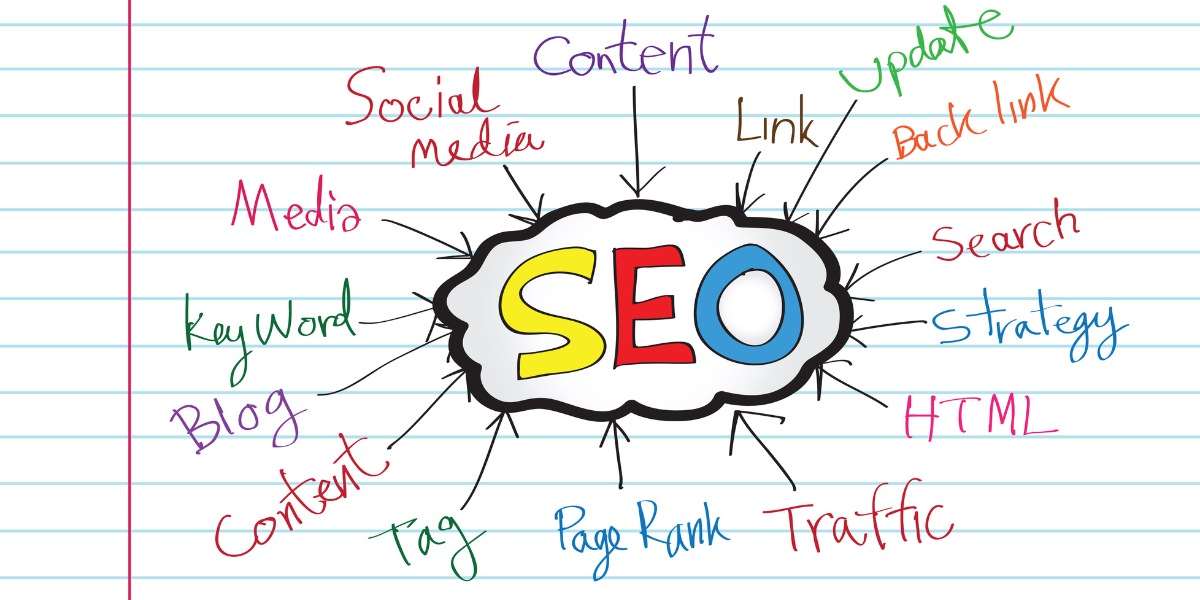Web analytics is the process of collecting, analyzing, and reporting data about website traffic and visitor behavior. It can be used to track a wide range of metrics, such as:
- Traffic: Number of visitors, page views, and unique visitors
- Engagement: Bounce rate, time on page, and pages per visit
- Behavior: Sources of traffic, landing pages, and exit pages
- Conversions: Number of leads generated, sales made, and other desired actions
Web analytics data can be used to improve website performance, optimize marketing campaigns, and better understand customer needs.
What are the Benefits of Web Analytics?
There are many benefits to using web analytics, including:
- Improved website performance: it can help you identify areas of your website that need improvement, such as pages with high bounce rates or low conversion rates. You can then take steps to address these issues, such as improving your content or adding new features.
- Optimized marketing campaigns: it can help you track the performance of your marketing campaigns and identify what’s working and what’s not. This information can be used to improve your campaigns and get better results.
- Better understanding of customer needs: it can help you understand how visitors are using your website and what they’re looking for. This information can be used to improve your website content and offerings and to better target your marketing messages.
How to Set Up Web Analytics
There are several different web analytics platforms available, such as Google Analytics and Adobe Analytics. Once you’ve chosen a platform, you’ll need to add a tracking code to your website. This code will collect data about your website visitors and send it to the analytics platform.
Once you’ve set up web analytics, you can start tracking your website traffic and visitor behavior. Most analytics platforms offer a variety of reports that you can use to analyze your data.
Key Web Analytics Metrics
There are many key metrics that you should track, including:
- Traffic: The number of visitors to your website, the number of page views, and the number of unique visitors.
- Engagement: The bounce rate, the time on the page, and the pages per visit.
- Behavior: The sources of traffic, the landing pages, and the exit pages.
- Conversions: The number of leads generated, sales made, and other desired actions.
Analyzing Your Web Analytics Data
Once you’ve collected some data, you can start analyzing it to identify trends and patterns. This information can be used to improve your website performance, optimize your marketing campaigns, and better understand customer needs.
Here are a few tips for analyzing your data:
- Compare data over time: This will help you identify trends and patterns in your website traffic and visitor behavior.
- Segment your data: Divide your data into different segments, such as new visitors vs. returning visitors, or visitors from different traffic sources. This will help you to better understand the behavior of different groups of visitors.
- Set benchmarks: Compare your website traffic and visitor behavior to benchmarks in your industry. This will help you to identify areas where you can improve.
The Bottomline
Web analytics is a powerful tool that can be used to improve website performance, optimize marketing campaigns, and better understand customer needs. By tracking key metrics and analyzing your data, you can make informed decisions about how to improve your website and your business.
Here are some additional tips for using web analytics effectively:
- Use web analytics to set goals: What do you want your website visitors to do? Once you know your goals, you can use web analytics to track your progress and identify areas where you need to improve.
- Use web analytics to test and optimize: This can be used to test different changes to your website and see how they impact traffic and engagement. This can help you to optimize your website for better results.
- Use web analytics to personalize your website experience: can be used to learn more about your visitors and their interests. This information can be used to personalize the website experience for each visitor, which can lead to better engagement and conversion rates.
By following these tips, you can use web analytics to make your website more effective and achieve your business goals.
Related Posts.




